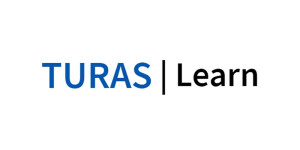Simulated emergency situations helps when it happens in real life
Foundation Year 2 Simulation Programme
The FY2 Simulation Programme is a national one run on behalf of NHS Education for Scotland. As such, study leave has been established for all FY2’s in South East Scotland to attend. FY2 doctors should arrange time away from their clinical area in conjunction with their rota-master, apply for study leave through TURAS, and then sign up to the advertised session via the Medtribe. When requesting study leave, please ensure that you request a course fee of £160 via the TURAS study leave system.
The programme is run as a single afternoon session over the Foundation Programme 2 year, and seeks to explore some of the more difficult but important non technical aspects of the profession. The programme is aligned to the FY2 curriculum and had been designed to respond to some of the difficult elements to evidence within the curriculum. The Foundation School advocates that all FY2 doctors should attend this programme and so sessions are in high demand.
Curriculum Mapped
The FY2 Simulation Programme has been mapped to explore some of the more difficult to address parts of your curriculum. It is also claimable as part of your hours of training requirement. This makes the programme a really important piece of your training experience as a doctor.
Once attended and completed a feedback survey, your certificate will be issued from Medtribe. Then you will be able to add it to your portfolio.
Relevant and Really Helpful
We regularly check in with local FY2 doctors after participating in the programme and ask after how helpful it as in actual work. Responses have been overwhelming. This programme is really relevant and very helpful.
A Different Kind of Programme
This programme is far less about practicing CPR or managing critically ill patients. It actually explores some of the more complex and complicated communication based aspects of your role. There is very little other types of training like this one across your FY2 year.

